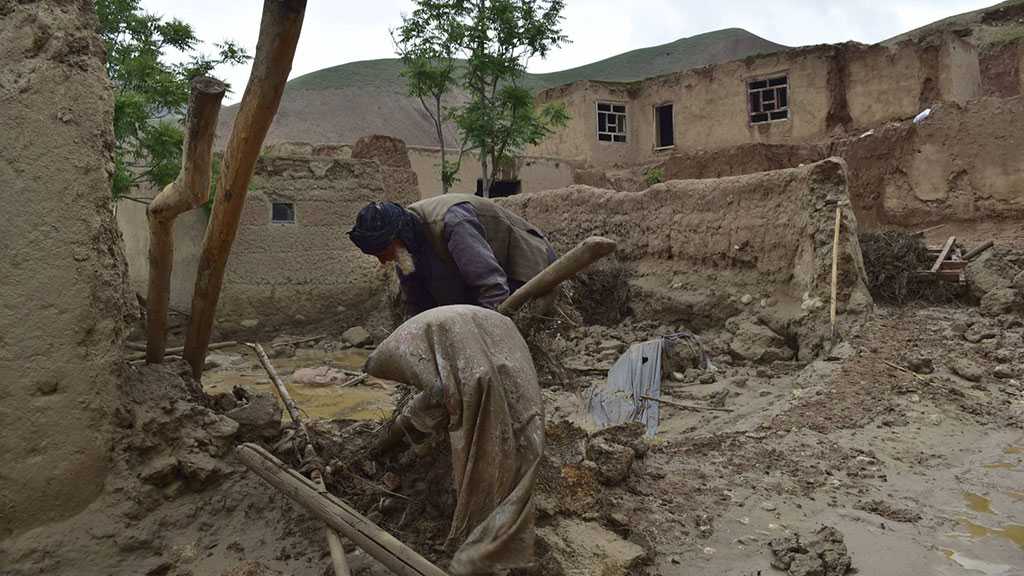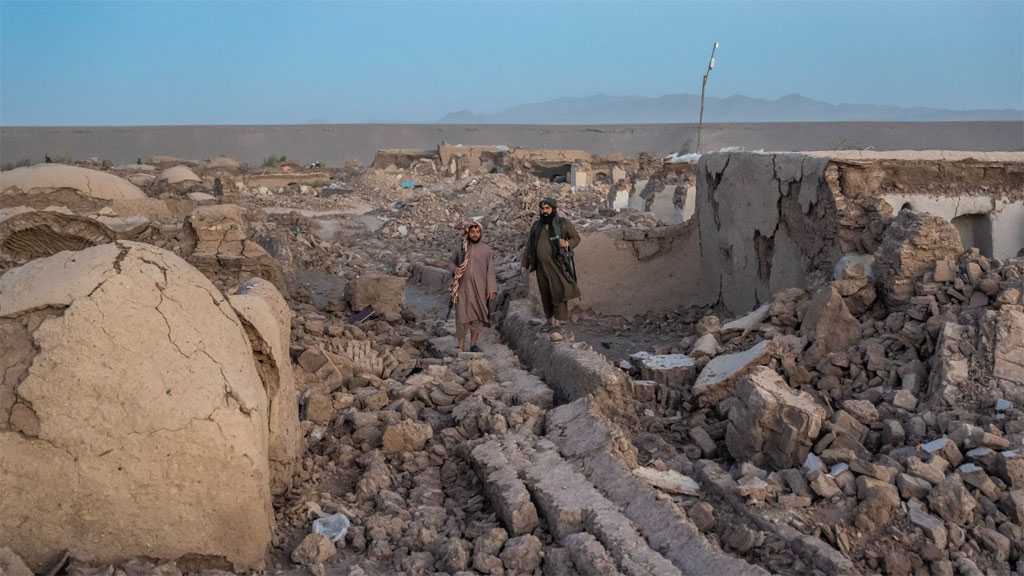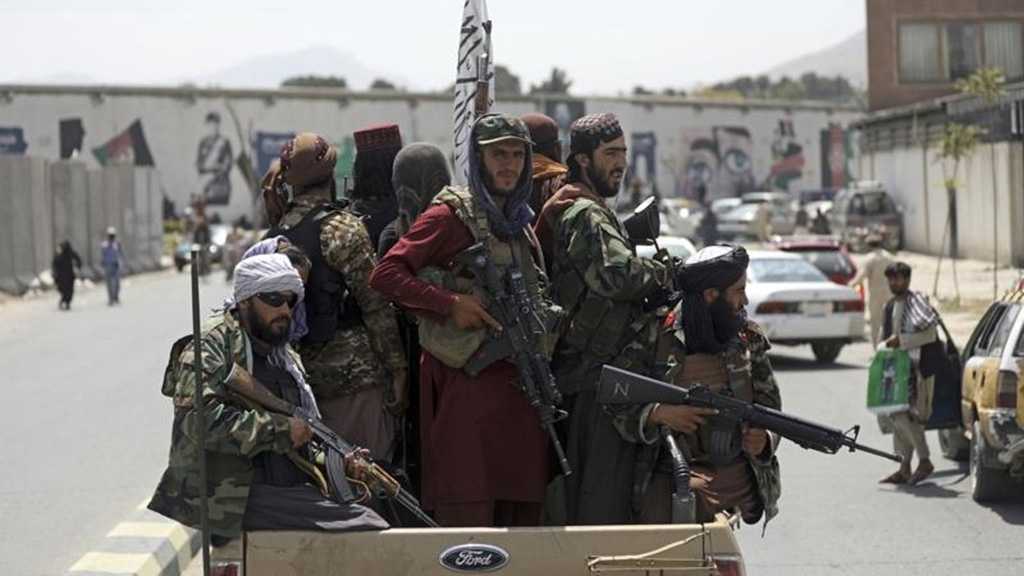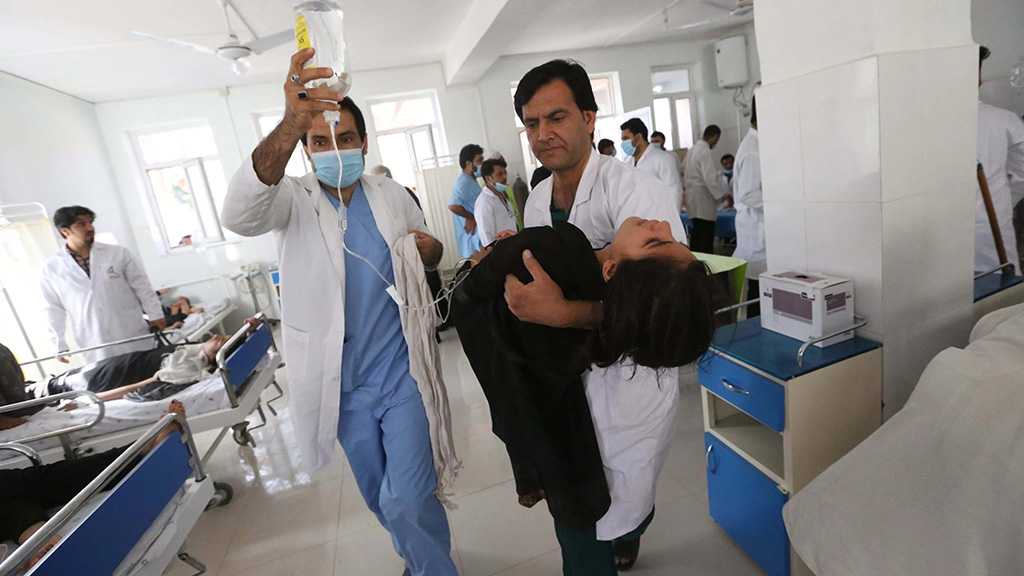Fighting Rages between Taliban, Afghan Forces Over Lashkargah
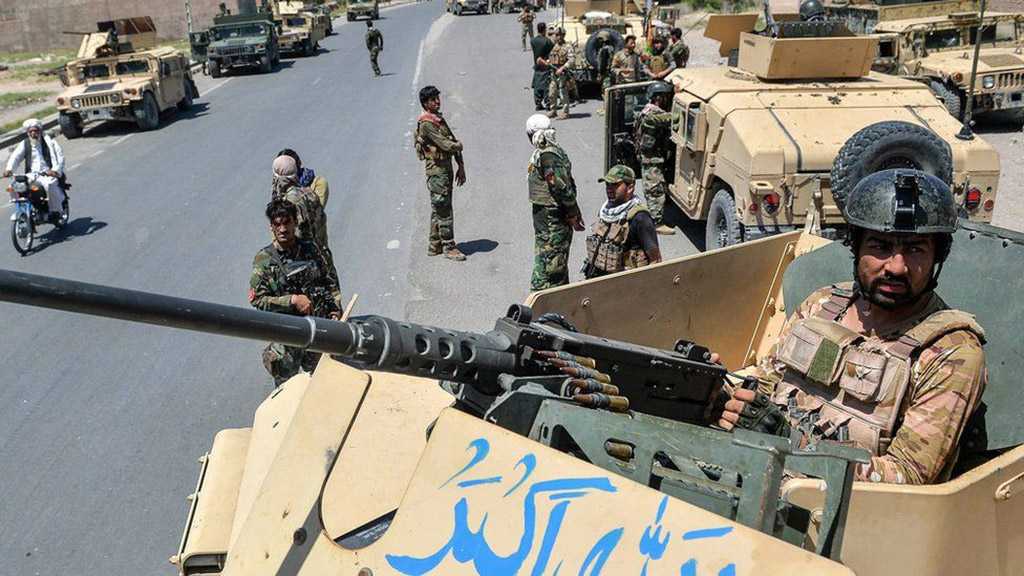
By Staff, Agencies
Fighting continues between Afghan government forces and Taliban militants, who have pushed deeper into Lashkargah, the capital of Helmand Province.
The Taliban militants on Monday closed in on government buildings, including the National Directorate of Security, the prison, and the police headquarters in Lashkargah, Reuters quoted an unnamed government official as saying. The coordinated attacks on the city center and its prison took place just hours after the government deployed hundreds of commandos to Lashkargah to stop the militants’ advances.
Medical charity Doctors without Border on Monday warned that civilian casualties were mounting in the city.
“There has been relentless gunfire, airstrikes, and mortars in densely-populated areas. Houses are being bombed, and many people are suffering severe injuries,” Sarah Leahy, the aid group’s coordinator for Helmand, claimed in a statement.
Tolo News cited security sources as saying that the Taliban had taken control of 12 districts in Helmand and seized nine out of the 10 districts in Lashkargah.
Amid the intensified fighting in Lashkargah, all media outlets in Helmand suspended broadcasts, Tolo News reported, adding that the Taliban on Monday had taken control of the national TV office in the city.
Later on Monday, the government forces reportedly managed to push the Taliban back.
“In the afternoon, the level of intensity of the fighting [in Lashkargah] decreased as the Taliban suffered heavy casualties following the air and ground operations,” Sayed Sami Sadat, the commander of the Maiwand army corps, told Reuters.
The fighting continues as peace negotiations between the Kabul government and the Taliban have so far failed to produce an agreement to end the war. The Taliban militants are now intensifying their attacks as US-led foreign forces complete a withdrawal from Afghanistan.
Afghan President Ashraf Ghani on Monday blamed the deteriorating security situation in the country on the “sudden” decision by the US to pull back its troops. But he assured the Afghan nation that the situation would change in the next six months and the government would bring everything under control due to a security plan.
The Taliban militants are believed to be in control of about half of Afghanistan’s roughly 400 districts. Most of the militants’ advances have focused on rural areas, and no major city has fallen to the militants yet.
In a joint statement posted to their Twitter accounts, the US and British Embassies in Kabul on Monday said the Taliban might have committed war crimes by carrying out revenge killings in the border town of Spin Boldak, which the militants captured last month.
“These murders could constitute war crimes; they must be investigated & those Taliban fighters or commanders responsible held accountable,” the US Embassy wrote on Twitter.
“The Taliban’s leadership must be held responsible for the crimes of their fighters. If you cannot control your fighters now, you have no business in governance later,” it said in another tweet.
The accusations came as Afghanistan’s Independent Human Rights Commission said, “The Taliban chased and identified past and present government officials and killed these people who had no combat role in the conflict,” adding that at least 40 such people had been killed by the militants in Spin Boldak.
Speaking to Reuters, Suhail Shaheen, a Taliban negotiating team member based in Doha, denounced the accusations as “baseless.”
US Secretary of State Antony Blinken, told reporters on Monday that reports of the Taliban committing atrocities “deeply disturbing and totally unacceptable.”
The United States, along with its NATO allies, invaded Afghanistan in October 2001. The invasion, which has led to the longest war in US history, removed the Taliban from power, but it worsened the security situation in the country.

